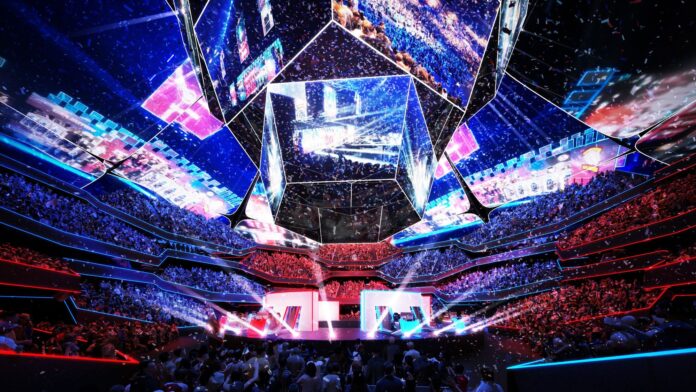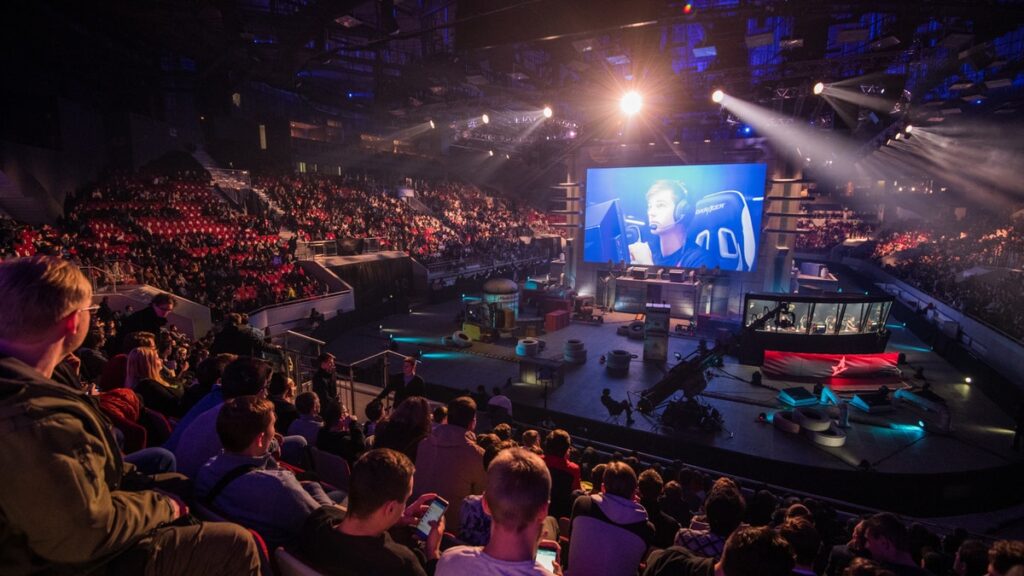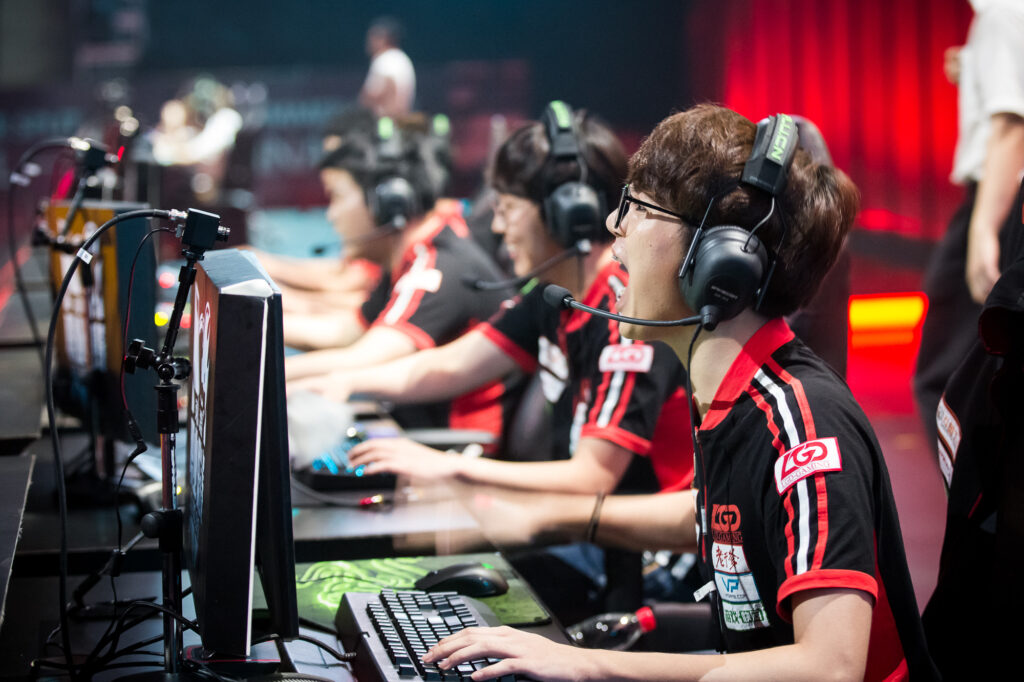
The popularity of cybersports tournaments in the world is growing rapidly. According to Newzoo agency, the audience of such competitions has already exceeded 450 million people, the market volume is estimated at one billion dollars with an increase of about 15% per year. Along with the growth of the gaming industry is also growing shortage of staff in this area.
To find out the latest world news, we recommend the best cybersports news site – progamestars.com.
How does cyber sports affect cognitive performance and health?

Studies show that gamers outperform non-gamers in reaction speed, visual and auditory accuracy, attention span, spatial reasoning, impulse control, short-term memory, hand-eye coordination, cognitive flexibility and switchability. Moreover, when we invite non-players into the lab and train them, we observe an improvement in mental abilities. Video games with high pacing and vivid visual stimulation, real-time strategies and other genres have the maximum developmental effect. Cyber sports competitions are held on these very games. Therefore, we assume that cybersports are good for humans. There are even studies showing that people learn better immediately after a gaming session. That is, video games contribute to a burst of mental energy.
In addition, it has been proven that video games provide positive emotions and are a stress preventative. There have already been successful attempts to use them to treat depression. Competitive games are also a platform for new acquaintances. The child is constantly interacting with other players, exchanging experiences and knowledge with them. In addition, if a player works under the guidance of a coach, he learns to control his emotions, articulate his thoughts, plan, take responsibility for the team’s success, and resolve conflicts with teammates. Success in matches depends on all of this. Thus, a good cybersports school is no different from any sports school.
However, cybersport is still young, and it’s fairly easy to get into a gaming school that doesn’t understand what to teach and how to teach it, and doesn’t pay enough attention to character building. Even if a player is successful and gets a contract with an organization, it does not mean that he will be organized with good working conditions and will monitor his well-being.
What does it take to succeed in cybersports?

In cybersports, as in any other sport, those who win in the “genetic lottery” win. These are people who are born with a certain type of nervous system and have outstanding psychomotor and mental abilities. Talented players quickly reach a high ranking in their chosen competitive game and tend to succeed in all games they take on. Of course, the brain can be trained, and much depends on diligence.
Recently, experts conducted a large-scale test on the mental abilities of cyber athletes and compared their results with the results of soccer and basketball players from the national leagues. It turned out that even the semi-professional gamers are not inferior to professional athletes, but surpass them in such a parameter as the speed of visual search. This result confirms that cyber sports selects people with the highest talent.
Of course, to beat equally gifted players, you need to be in good physical and mental condition: get enough sleep and eat right. A cyber athlete should constantly work on developing his skills and updating his knowledge. Video games differ from traditional sports by the fact that they change rapidly: literally every couple of months there can be updated rules, new cards and characters. Lagging behind is tantamount to losing. At the same time, skill development in cybersport is a difficult task because there are no proven methodological guidelines. To grow professionally, an athlete must play sensibly, be able to analyze his actions and set intra-game goals. Mindlessly going from match to match 15 hours a day is an inefficient approach. You need to stick to the regime, be able to rest and clearly understand what skills are practiced.
The most difficult thing for a cyber-sportsman is to be able to manage his emotional state. The stakes in tournaments are very high and the players are very stressed. But teenagers are underdeveloped in cognitive control and self-regulation. Additionally, in team games, cyber athletes need to be able to voice their expectations, goals, emotions and frustrations in order to have a constructive dialogue with their teammates.
Unfortunately, cyber sports careers are usually short. Reaction speed and hand-eye coordination peak at a fairly early age and wane, so it’s hard for 25-year-old players to compete with 18-year-olds.
At what age should I enter cyber sports?

To succeed in cyber sports you need to have fast reactions and good concentration. This requires constant and long training sessions. The average age of professional athletes ranges from 20 to 22. The older the player, the worse his reaction and concentration are. By the age of 30, most people stop playing at the professional level.
If the goal is to reach the heights of cybersports, you can start training in high school, around the age of 11-13. It should be understood that training will take 4-5 hours a day. Sometimes you will have to hone certain tactics and strategies at home.
If there is no goal to conquer the cybersport Olympus, but you just want your child to develop in the direction he is interested in, you can start training at a later age: 13-14 years.
Medical contraindications
Cybersportsmen spend a lot of time sitting and in front of a computer screen. In order not to harm the growing body, you need to closely monitor the presence or absence of the following diseases in a child;
- Scoliosis in its last stages;
- ophthalmic diseases;
- Chronic heart disease;
- diseases of the nervous system and mental disorders;
- epilepsy;
- severe deformation of the bones of the pelvis;
- traumas of the brain.
Be sure to consult your pediatrician before giving your child into cyber sports.
What’s the bottom line?
Cybersport is a new sport which is not yet fully understood and accepted by the society. But it is growing, contrary to traditional perceptions, and the number of its fans is growing. Parents should be more serious about their child’s hobby, perhaps it will become his life’s work. But you should not insist in the absence of interest.








